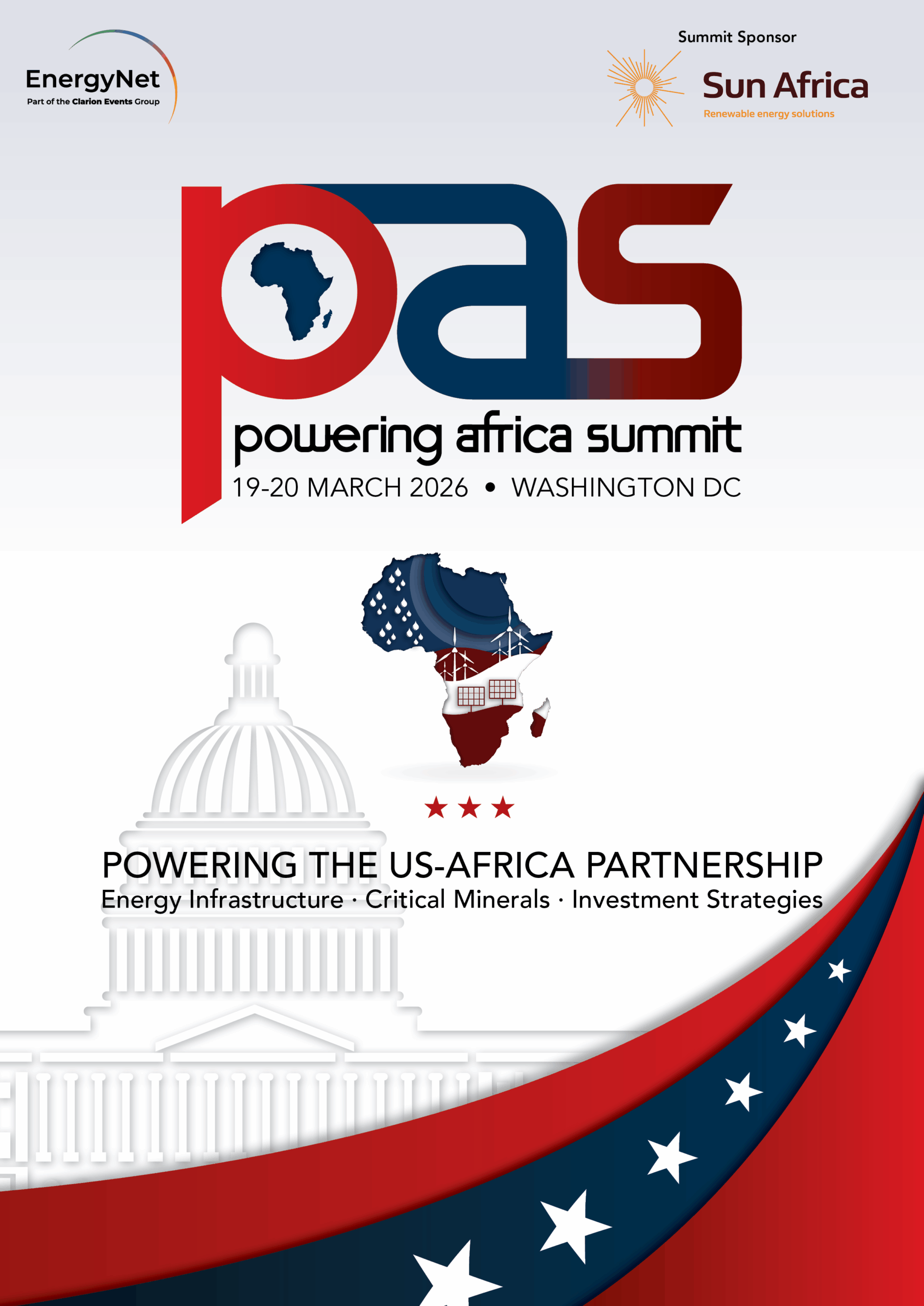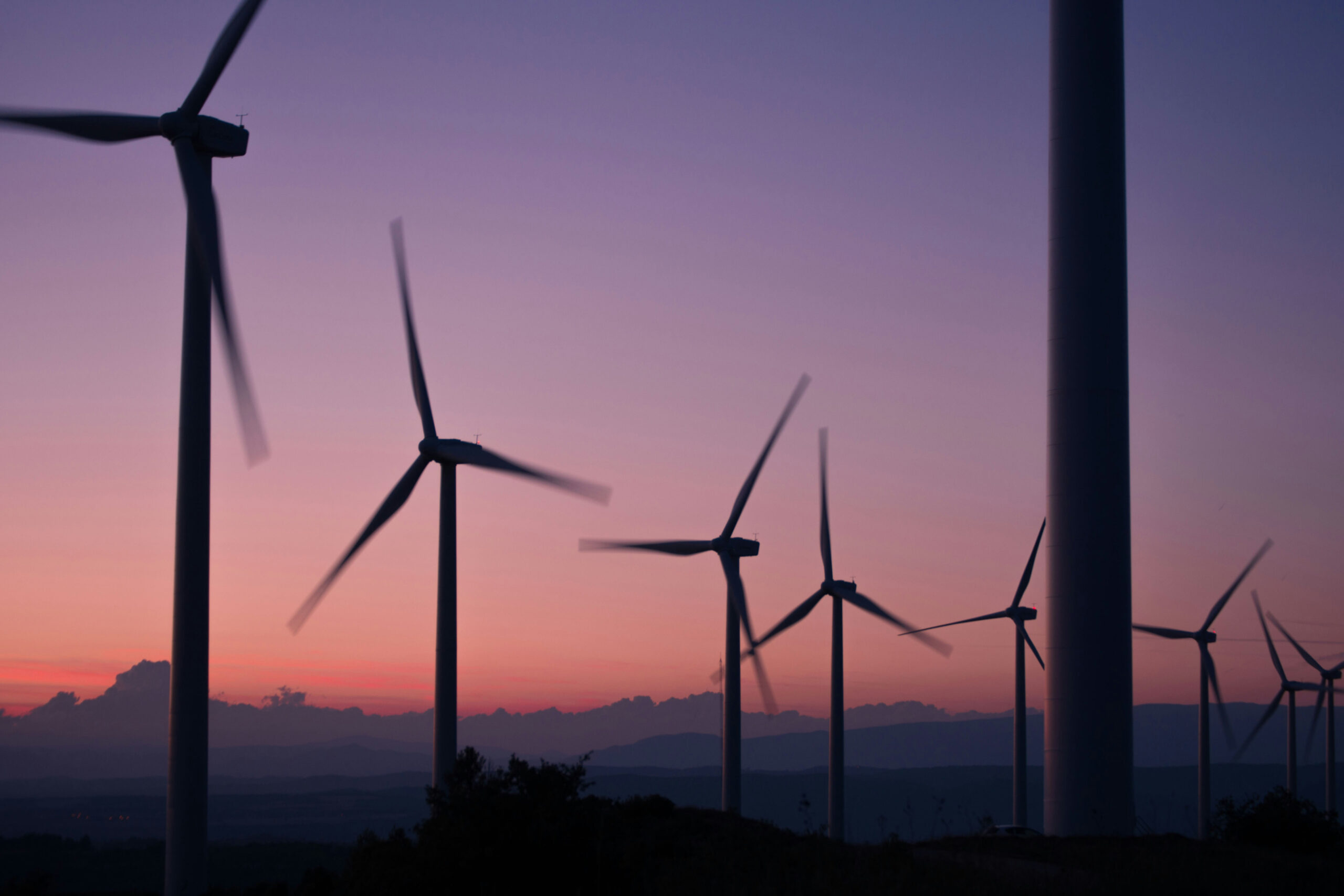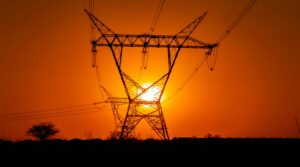
Africa Unleashed: The Energy Imperative for a Prosperous Future
A staggering 600 million people in Africa still live without electricity, accounting for over 80% of the world’s unelectrified population. Africa Unleashed, a new report by the Boston Consulting Group, presents a clear and urgent call to action: achieving universal energy access is not only a moral imperative but also a strategic necessity for Africa’s development.
Despite global progress on energy access over the past two decades, Africa’s pace has stalled. While countries like India and Bangladesh electrified hundreds of millions in under a decade, Africa’s unconnected population has barely shifted, highlighting the scale and complexity of the challenge. However, the report reveals that solutions exist, funding is being mobilised, and success stories across the continent are already demonstrating what is possible.
The report outlines five critical levers to transform the continent’s energy future over the next five years: strengthening government planning and reforms, upgrading and expanding national grid infrastructure, scaling decentralised renewable energy solutions, unlocking capital through innovative financing, and driving productive energy use for socioeconomic inclusion. Each lever reinforces the others, creating a framework for cross-sector collaboration and impactful execution.
Crucially, Africa Unleashed highlights that more than half of new electricity connections will need to come from decentralised solutions such as mini-grids and solar home systems. With the cost of solar technology dropping dramatically and off-grid innovation flourishing, these solutions are poised to power remote communities where grid expansion is costly and slow.
At the same time, national grids remain vital. Upgrading Africa’s fragile and underbuilt transmission and distribution infrastructure is essential to improving reliability and enabling industrial growth. As the report emphasises, electrification is not only about access, but also about affordability, stability, and scale.
The path forward also hinges on finance. Achieving universal access will require an estimated $180–200 billion by 2040; yet, only a fraction of that amount is currently being invested annually. Bridging the gap means leveraging private sector participation, blended finance tools, and risk-mitigation instruments to make projects more bankable. Promising models—from Mozambique to Kenya—demonstrate that these financing strategies can unlock large-scale delivery when governments and investors collaborate.
Importantly, energy access must serve as a springboard for broader development. That means powering schools and clinics, enabling entrepreneurs, and equipping households with the tools to thrive. When electricity translates into jobs, learning, and better health outcomes, its impact becomes transformative.
With bold leadership, aligned partnerships, and urgency, the report argues that Africa can replicate the successes of countries that have overcome similar barriers. The next five years present a pivotal window to transition from pledges to progress and transform Africa’s energy deficit into an engine for prosperity.

















